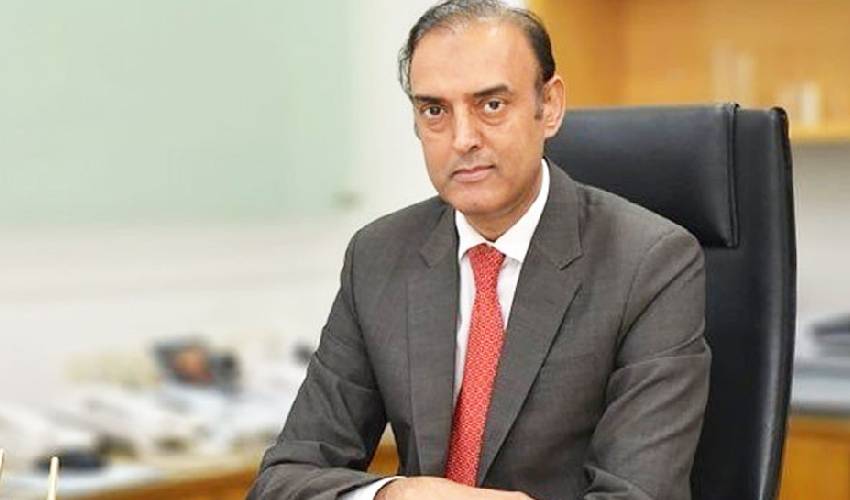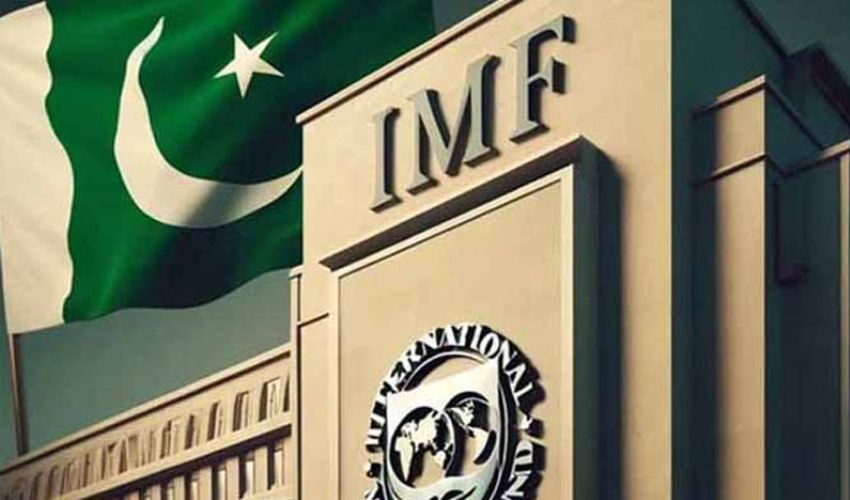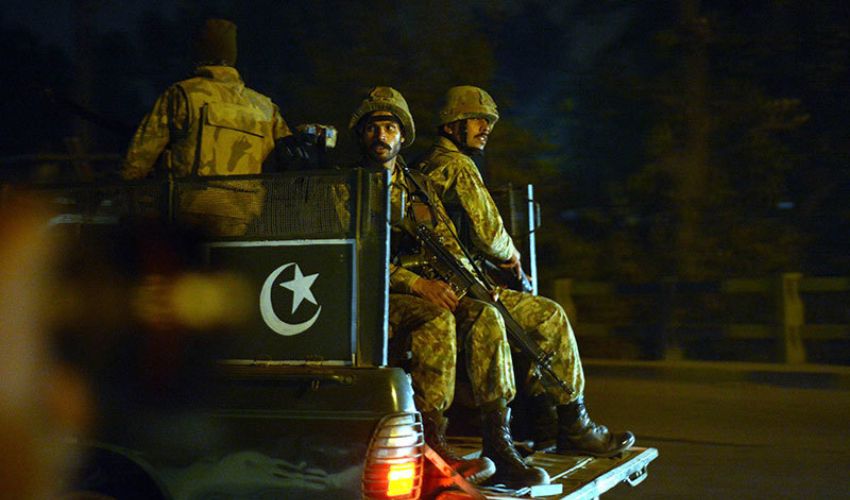State Bank Governor Jameel Ahmed raised concerns on Wednesday over a potential rise in inflation, attributing it to recent budgetary measures and anticipated increases in energy prices.
While briefing the Standing Committee on Finance of the National Assembly, Governor Ahmed highlighted the looming threat of a significant price hike in essential commodities, particularly wheat, as winter approaches.
"We are likely to see an increase in wheat prices this winter, driven by the inflationary pressures from the budget," he warned.
The governor provided a detailed overview of the country's debt obligations, stating that Pakistan faces a repayment of $26.2 billion this year. Of this, $12.3 billion is expected to be rolled over, with the remaining $4 billion being commercial loans that will be repaid.
"The finance minister has assured that these loans will be rolled over. However, we still have $10 billion that must be paid within this year, of which $1.5 billion has already been settled," he explained. An additional $8.5 billion remains to be repaid, he added.
In his address, Governor Ahmed noted that Pakistan's foreign exchange reserves have climbed to $9.1 billion, indicating sufficient capacity to service its debts.
Despite this, he expressed apprehension over the inflationary impact of budget measures and escalating energy costs. "Inflation is expected to rise, particularly with the anticipated increase in wheat prices this winter," he reiterated.
Moreover, Governor Ahmed highlighted the potential for further economic strain due to geopolitical tensions, specifically mentioning the risk of rising oil prices in the event of conflict in the Middle East.
He assured the committee that measures are being implemented to mitigate inflation, projecting that the inflation rate would stabilize between 5 to 7 per cent in the next year.
Addressing the issue of the current account deficit, Governor Ahmed emphasized the need for stringent monetary policies. "A current account deficit of $17.5 billion in 2022 is unsustainable for a country like Pakistan," he stated, underscoring the importance of fiscal prudence moving forward.
The briefing underscored the challenges facing Pakistan’s economy, with a focus on managing inflation and debt obligations amid a complex global economic landscape.




























